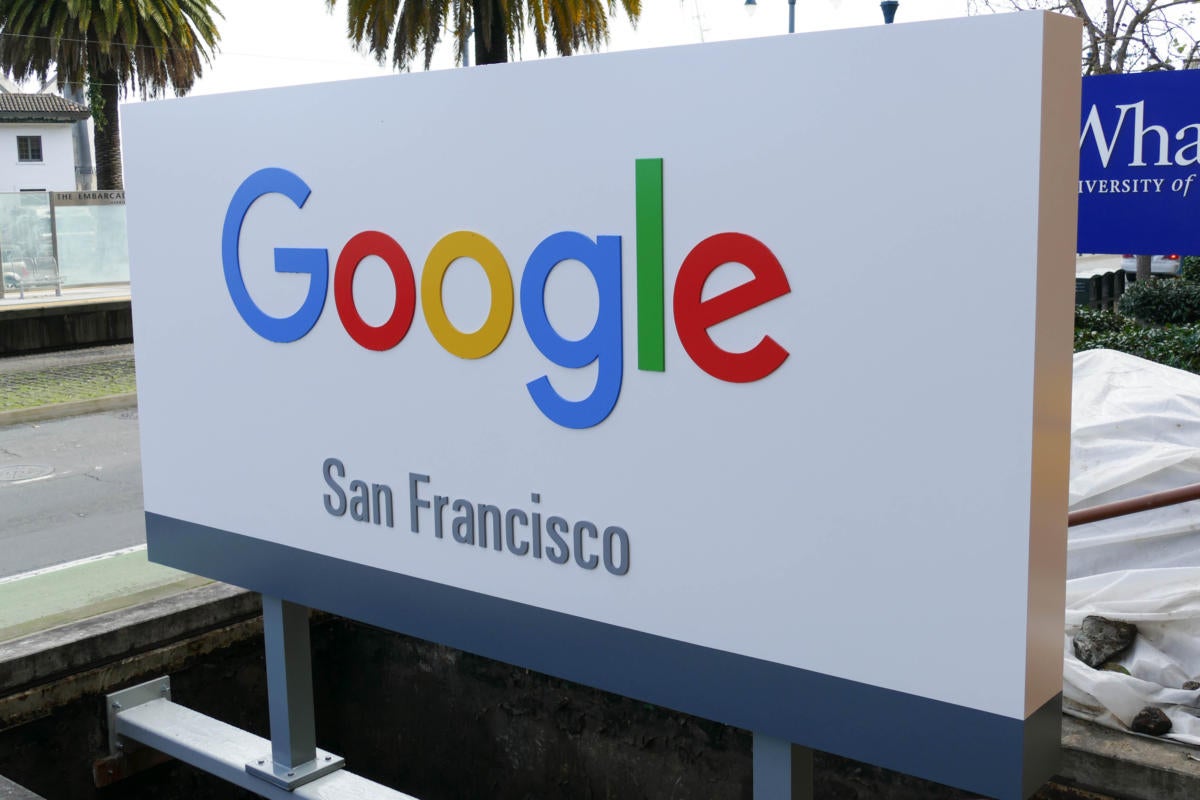Google’s dominance in the search arena has given rise to two major antitrust lawsuits from the U.S. government, which allege that the company has manipulated the market to maintain that dominance, to the exclusion of its competitors and the detriment of the public at large.
The first lawsuit, targeting Google’s search business, kicked off last week, and a second trial against the tech giant, focusing on advertising, is scheduled for next year.
The cases heavily echo the turn-of-the-century Microsoft antitrust case in several respects, not least of which is the fact that Google faces the possibility of being broken up by regulators if it is unsuccessful in its legal battles.
Here’s our condensed timeline of the two lawsuits, and their progress through the court system.
October 2020: The Department of Justice, along with the attorneys general of 11 states, sues Google in DC federal district court for unlawfully maintaining a monopoly, in violation of Section 2 of the Sherman Act. The case centers on Google’s use of exclusive contracts that mandate its use as the default search engine in a host of different hardware and software applications, with the government alleging that this represents an artificial constraint on any possible competition for the search giant.
December 2020: Judge Amit P. Mehta approves the joinder of Michigan, Wisconsin and California to the suit.
January 2021: Google files a response to the complaint, admitting to many of the facts alleged by the Justice Department and associated attorneys general, but categorically denying the substance of the government’s claims of illegality. Further responses to separate but related claims, generally to specific state attorneys general, follow in the subsequent weeks and months.
March 2021: Meetings between Google and the various governmental plaintiffs continue, with periodic status reports on the discovery process.
June/July 2021: The discovery process continues, and the U.S. and Google both file several documents with the court under seal. (Microsoft files two sealed documents, as well, in response to Google’s subpoenas for company records, and Apple becomes involved after the government requests access to some of its internal information.)
August-October 2021: Discovery-related motions and orders continue, as Yelp and Samsung join the fray. (Those companies, like Microsoft and Apple, are relevant to the case even if they aren’t parties themselves, as their internal records are potentially relevant to Google’s liability.)
December 2021: Judge Mehta conditionally splits Colorado’s claims from the case at large, ordering that separate trials on that state’s issues of liability and remedies will be “more convenient for the Court and the Parties, and will expedite and economize this litigation.”
May 2022: Judge Mehta denies a government motion to sanction Google for inaccurately classifying documents as attorney-client privileged. The plaintiffs had argued that emails on which Google’s lawyers were listed as recipients or CCed, but that the lawyers never responded to, constituted a misuse of the attorney-client privilege rules.
May 2022: A deadline of June 17 is set for the production of all discovery materials. Further documents – for example, those whose is existence is first disclosed in late in the discovery window – can be produced until June 30.
December 2022: Google moves for summary judgement against the separate Colorado case and the larger, DoJ-led case. A summary judgement motion is essentially a request by one of the parties in a lawsuit that the judge rule in their favor and end the case, arguing that, based on the undisputed facts, they are entitled to win the case as a matter of law.
January 2023: A second antitrust action, this one filed by eight states and the DoJ, is filed in federal district court in eastern Virginia. The plaintiffs, who call for Google’s advertising business to be split up, accuse Google of manipulating its dominant position in the online advertising world to squeeze out rivals and control both the supply and demand side of the advertising market. Google, according to the complaint, thwarted fair competition by manipulating fees, punished advertisers for using alternative platforms and ad exchanges, and engaged in a host of further anti-competitive behavior in the interest of monopolizing the marketplace.
February 2023: The plaintiffs in the default search case case move for sanctions against Google, accusing it of spoliation, which refers to the destruction, alteration or failure to preserve relevant evidence in a case. Elsewhere, in the advertising case, Google moves to transfer the case from the Eastern District of Virginia to the Southern District of New York, which is seen as an attempt to consolidate the case with related digital advertising antitrust litigation.
March 2023: Google’s motion to transfer the advertising case to New York is denied by Judge Leonie M. Brinkema, who orders the parties to propose discovery schedules within two weeks of the order. Two weeks later, Google moves to dismiss the case for failure to state a claim, arguing that the plaintiffs have simply produced legal conclusions, and not specific facts, that could support their claims. Judge Brinkema schedules pre-trial conferences for January 2024.
April 2023: Judge Brinkema denies Google’s motion to dismiss in the advertising case.
June 2023: Judge Mehta schedules a trial date of September 12, 2023 for the default search case.
July/August 2023: Google and the plaintiffs in the search case argue various motions in limine, designed to control what evidence should be included or excluded in the actual trial. Discovery and motion practice over evidence continues in the advertising case.
August 2023: Judge Mehta grants partial summary judgment for Google in the search case, saying that the government had failed to raise a genuine dispute of material fact on antitrust charges relating to contracts around the use of the Android operating system, as well as Google Assistant and IoT devices. The claims relating to Google’s exclusive “default search” contracts, however, are allowed to proceed to trial.
September 12, 2023: The default search trial begins with opening statements, and the government begins its case.
Copyright © 2023 IDG Communications, Inc.
This story originally appeared on Computerworld

